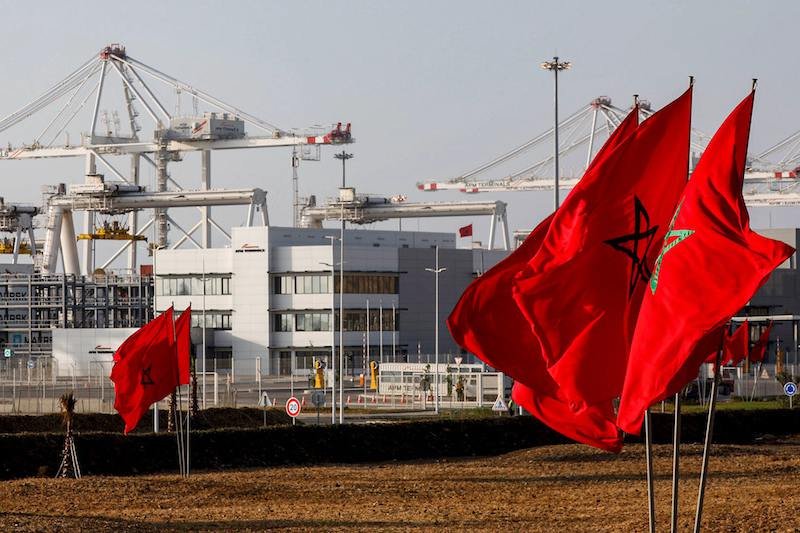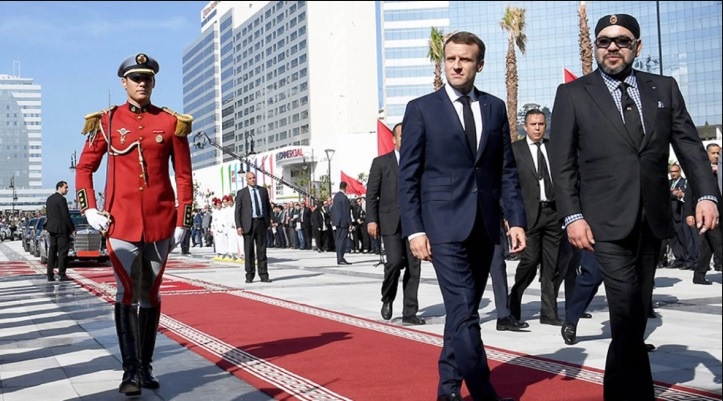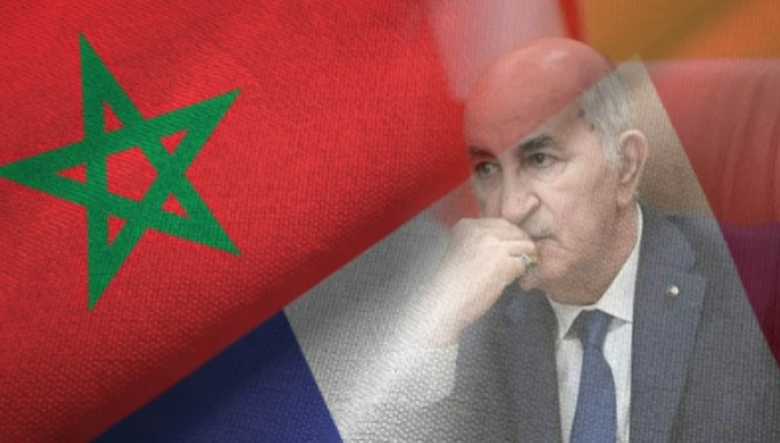Morocco’s embassy in Washington organized on Friday its second annual dinner debate under the theme “Morocco's Economy: Challenges and Prospects”, in the presence of the Minister of Economy and Finance, Nadia Fettah, on the sidelines of the Spring Meetings of the World Bank and the International Monetary Fund (IMF), held in DC (April 15-20).
This meeting witnessed the participation of the American Deputy Assistant Secretary of Commerce for the Middle East and Africa, Thomas Bruns, the Deputy Assistant Secretary of State, Joshua Harris, and leaders of U.S think tanks and Moroccan experts from the World Bank and the IMF, in addition to private sector actors and representatives of development financing agencies based in the United States.
Also took part in this event, the President of the United Nations Human Rights Council and Permanent Representative of Morocco to the UN in Geneva, Omar Zniber, members of the Moroccan delegation participating in the meetings of the two international financial institutions, as well as parliamentarians and several other civil society actors.
In his speech, Morocco's Ambassador to the United States, Youssef Amrani highlighted the economic progress made by the Kingdom, under the leadership of King Mohammed VI. These reforms made Morocco a model of resilience and post-crisis management, he said.
Amrani, who touched upon the important role that Moroccan experts from the World Bank and the IMF could play, also highlighted the valuable human capital that they represent for the Kingdom which can benefit from their expertise and their network in several areas.
The diplomat also mentioned the solid and multifaceted strategic partnership between Morocco and the United States in promoting common ambitions, both at the bilateral and multilateral level.
As HM the King emphasized in the message to participants in the annual meetings of the IMF and the World Bank held in Marrakech last October, calling for the reform of the institutions and rules governing multilateralism, it is imperative to undertake, to rethink, reshape and rebuild multilateralism, while ensuring greater representation of the global south, the ambassador said.
For her part, the Minister of Economy and Finance highlighted the trajectory of all-out reforms undertaken in Morocco under the leadership of King Mohammed VI.
These reforms are based on a long-term royal vision, she argued, noting that the New development model currently being implemented in Morocco is the outcome of this forward-looking strategy, solid institutions and a process involving all stakeholders.
Among the major reforms, the minister mentioned the consolidation of the foundations of the social state, mainly through the implementation of the royal social protection project, via the generalization of compulsory basic medical insurance, as well as the operationalization of direct social assistance.
“Today, four million people benefit from these transfers, a milestone made possible thanks to the establishment of a solid Unified National Registry system,” she said.
Referring to the performance of the Moroccan economy, Nadia Fettah noted that the Kingdom has displayed resilience despite a context marked by inflation and the repercussions of the Covid-19 pandemic and the Al Haouz earthquake.
She recalled that the growth of the Moroccan economy stood at 3.2% in 2023, while it should amount to 3.4% this year.
Furthermore, the minister welcomed the solid partnership linking Morocco to the World Bank and the International Monetary Fund, which is based on trust to support the development strategies initiated by the Kingdom in various areas.






